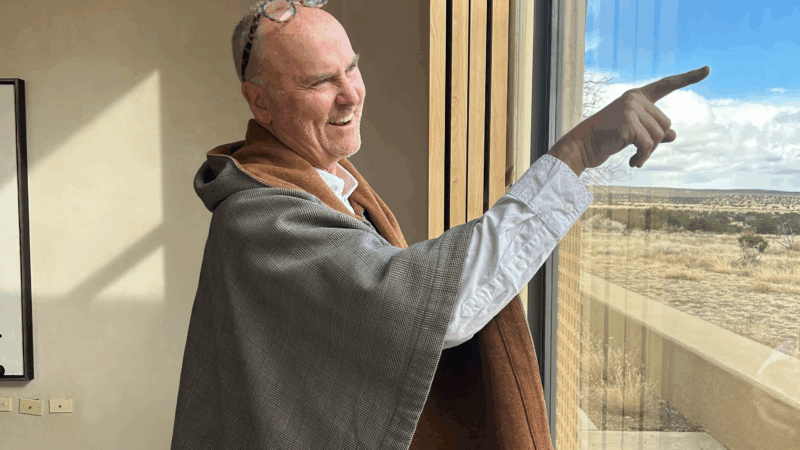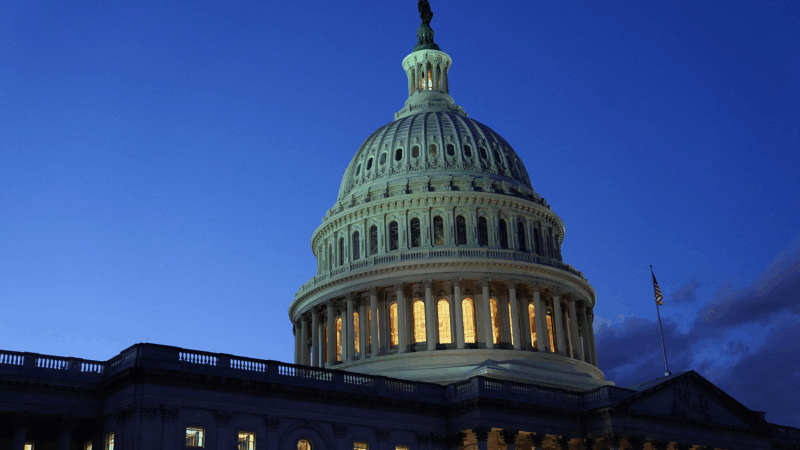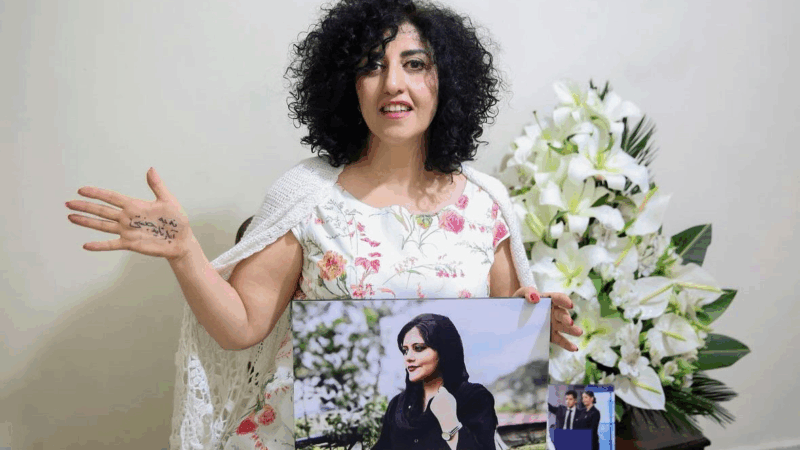Bill Would Allow Birmingham Church to Have its Own Police Force
A bill in the Alabama legislature would let Briarwood Presbyterian Church, a church in suburban Birmingham, do something that appears unprecedented. It would allow this church to have its own police force.
Briarwood is not a sleepy neighborhood church on the corner. It has a K-12 school, a seminary and about 4,000 congregants.
Church leaders say it’s such a big operation that they need to employ their own police officers. A Briarwood spokesman would not grant an interview but in a statement he says after the 2012 Sandy Hook school shootings they wanted their own force for the security of the congregation, students and guests.
State Sen. Jabo Waggoner is a sponsor of the bill, which has passed the Senate. He says the church already uses private security but Briarwood leaders asked for more.
“It was their decision and if they wanted to have their own police force, you know, I don’t see any reason why they can’t,” Waggoner says. “It’s not unusual.”
Waggoner likens it to a police force on a college campus. The Briarwood bill says the officers would only have jurisdiction on church property.
Critics suggest the church could cover up crimes. But Randall Marshall, legal director for the American Civil Liberties Union of Alabama, sees constitutional problems with the bill. He says it violates the First Amendment by taking a government service– law enforcement– and putting it in the hands of a religious institution.
“[It gives] the church the power to arrest people, the power to use varying levels of force in effecting those arrests and deciding who to arrest and for what crimes,” Marshall says.
But Samford University law professor John Carroll says he doesn’t believe the proposal is inherently unconstitutional, although he does call it “novel.” He notes that some religiously affiliated colleges and universities around the country have their own police departments, for example, Brigham Young University or Notre Dame.
“These are sworn law enforcement officers trained by the state,” says Carroll. “So I think in all senses they are police officers just like police officers that work the beat in Birmingham.”
Carroll adds he doesn’t see a proliferation of churches trying to do this simply because it’s expensive.
If the bill does become law, opponents vow to take it court. That could add new wrinkles to the constitutional lines between church and state.
Four top U.S. speedskaters to watch at the Olympics
U.S. speed skaters set to compete in Milan are drawing comparisons to past greats like Eric Heiden, Bonnie Blair, and Apolo Ohno. Here are four to watch in the 2026 Winter Olympic Games.
Need a new path in midlife? There’s a school for that and a quiz to kickstart it
Schools across the country are offering courses and retreats for people 50+ who want to reinvent themselves and embrace lifelong learning and discovery.
A ‘Shark Tank’ alum needed cash to pay tariffs. This shadowy lending world was ready
How about $350,000 within hours? The pitches flood small businesses: "No hidden fees, No BS." These financial lifelines are barely regulated and can turn into trip wires.
U.S. skater Connor McDermott-Mostowy joins record number of out LGBTQ Winter Olympians
When U.S. speedskater Connor McDermott-Mostowy makes his Winter Olympic debut in Milan, he'll join a record number of out LGBTQ athletes. But of the 46 out athletes, only 11 are men.
5 glaring warning signs for Republicans in this year’s midterm elections
Here's why Republicans are facing an uphill battle, particularly for retaining control of the House.
Crackdown on dissent after nationwide protests in Iran widens to ensnare reformist figures
Detained Nobel Peace Prize laureate Narges Mohammadi has received another prison sentence of over seven years.






